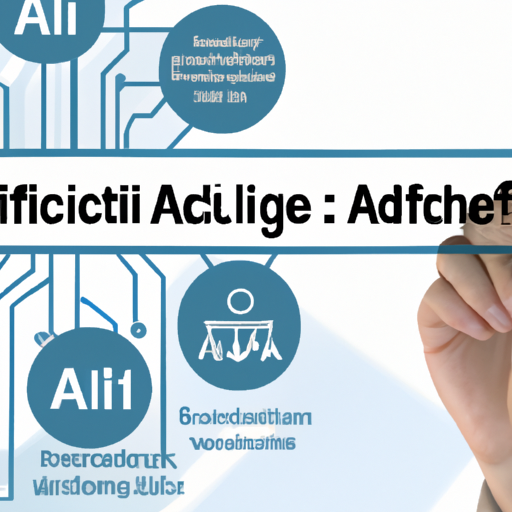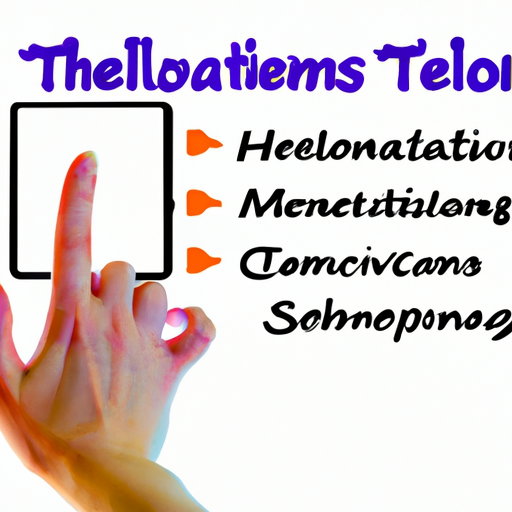As artificial intelligence (AI) continues to shape various industries, the necessity for AI Ethics Compliance becomes increasingly critical. AI technologies can substantially enhance operational efficiency and decision-making processes, but without adherence to ethical guidelines, they may pose significant risks.
What is AI Ethics Compliance?
AI Ethics Compliance refers to the adherence to ethical principles that govern the design, development, and deployment of AI systems. These principles seek to ensure that AI technologies operate safely, transparently, and responsibly while respecting human rights and societal values.
Why is AI Ethics Compliance Necessary?
With the increasing integration of AI into business operations, the implications of ethical failures can be severe. Here are key reasons why organizations should prioritize AI Ethics Compliance:
- Regulatory Compliance: As governments and international bodies formulate regulations concerning AI use, organizations must comply to avoid legal repercussions.
- Trust Building: Demonstrating a commitment to ethical AI practices helps build trust among customers and stakeholders.
- Risk Mitigation: Ethical guidelines can help mitigate potential risks associated with bias, discrimination, and unintended consequences of AI deployments.
Essential Guidelines for AI Ethics Compliance
To effectively implement AI Ethics Compliance, businesses should consider the following guidelines:
- Transparency: Ensure that AI decision-making processes are transparent and understandable to users.
- Accountability: Establish clear accountability mechanisms for AI systems to address ethical concerns and prevent misuse.
- Bias Mitigation: Implement strategies to identify and mitigate bias in AI algorithms, ensuring that outcomes are fair and equitable.
- Data Privacy: Safeguard user privacy by adhering to data protection laws and ethical standards in data collection and processing.
- Human-Centric Approach: Prioritize the well-being of individuals affected by AI deployments, focusing on enhancing human capabilities.
Conclusion
As the world continues to embrace the potential of AI, businesses must proactively adopt AI Ethics Compliance strategies. By adhering to ethical guidelines and promoting responsible AI practices, organizations can harness the benefits of AI while minimizing risks and fostering trust.
By taking a stand on AI Ethics Compliance today, your organization can lead the way in ethical AI integration for a better tomorrow.
Implement effective AI Ethics Compliance practices and ensure a responsible approach to AI in your business strategy.




